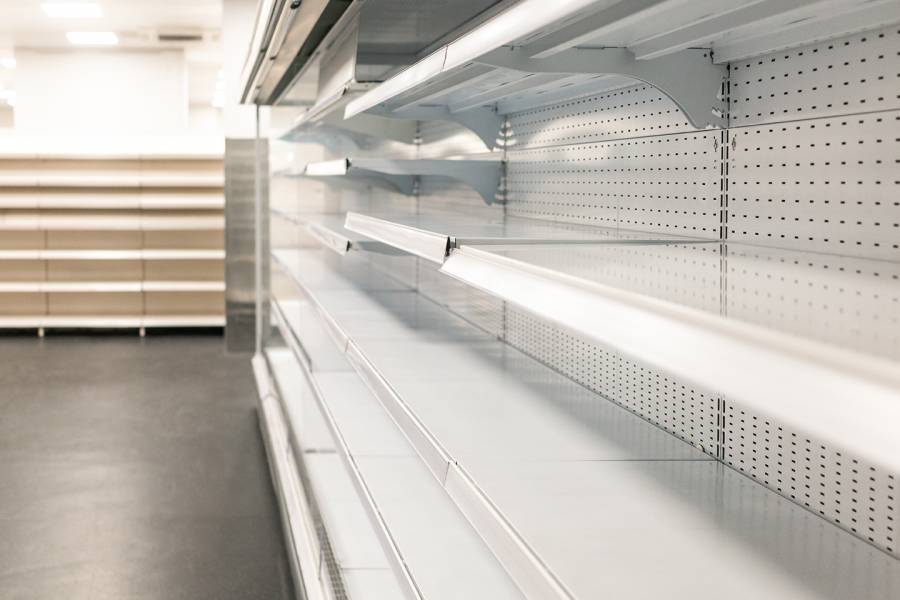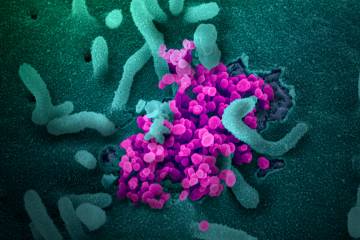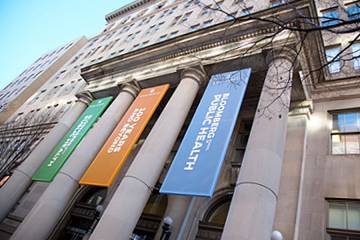As coronavirus spreads, experts recommend stocking at least two weeks of food to prepare for possible quarantine or isolation. But acquiring those stocks—or even a reliable next meal—can be difficult for poor families in the best of times, and nearly impossible in times of crisis, write Roni Neff and Erin Biehl, of the Johns Hopkins Center for a Livable Future.
In an op-ed for The Hill, Neff, an associate professor at the Bloomberg School of Public Health and program director at the Center for a Livable Future, and Biehl, a program officer at the Center for a Livable Future, argue that the government should prioritize food security while targeting financial aid for those at risk of hunger.
"Food security is often treated as a niche issue, an individual concern, or a matter for charity," Neff and Biehl write. "But as COVID-19 unfolds, policymakers and businesses are recognizing its centrality and discussing and implementing food policy options that were recently considered impossible."
In the piece, Neff and Biehl outline steps the government should take to ensure that the most vulnerable remain fed and safe during the crisis. Recommendations include:
- Expanding funding of SNAP and other food assistance programs to reach more people and increase benefits in a spike of food prices
- Providing emergency financial support to food relief organizations from federal and state governments
- Expanding the SNAP Online Purchasing Pilot to subsidize deliveries for those under quarantine
- Guaranteeing paid sick leave for all businesses and government support for all workers and business owners
- Ensuring paid sick leave and personal protective equipment for food delivery workers and other members of the gig economy and creating precautions such as "no-contact drop-off" protocols
"As the pandemic unfolds, it's imperative we do all we can to protect ourselves, our families, and wider society," Neff and Biehl write. "If, in doing so, we can also implement the kinds of changes we've long needed to protect the population and increase the resilience and equity of the food system, this will be an added and lasting benefit."
Read more from The HillPosted in Health, Voices+Opinion, Politics+Society
Tagged center for a livable future, food access, coronavirus










